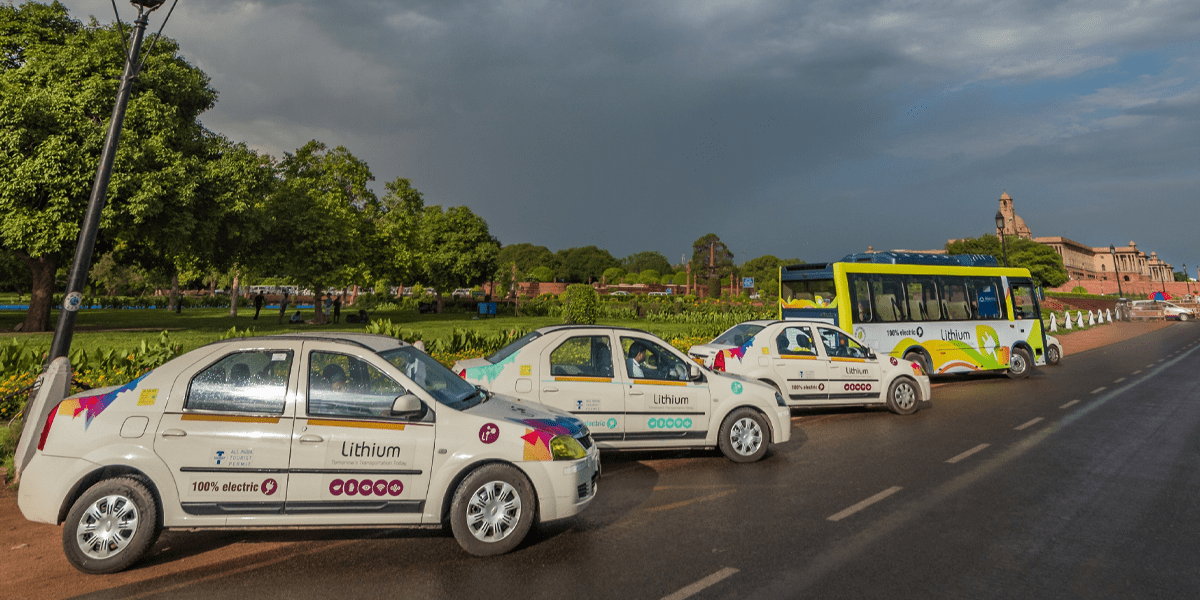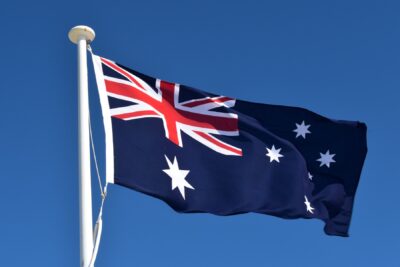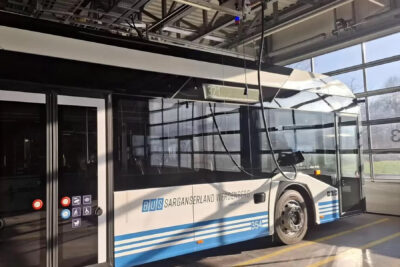India aims to boost EV production with incentives
India’s cabinet has approved an incentive scheme of about 260 billion rupees ($3.5Bn or €3Bn) over a five-year period. The aim is to boost the production of battery-electric and fuel-cell vehicles and to promote the manufacture of drones.
Anurag Thakur, minister of information and broadcasting, told Reuters “The incentive scheme has been designed to help India become a global player in the automobile sector,” adding it would also boost local manufacturing.
The government has said that the incentive scheme is expected to help attract new investment in the auto sector of about 425 billion rupees. Here, incentives will range from 8% to 18% of the sales value of the vehicles or components. Companies will have to meet certain conditions to qualify such as a minimum investment over five years and a 10 per cent growth in sales each year.
The plan was originally drawn to boost vehicle sales, generally, which have dropped recently, even before the pandemic, with only some added incentives for EVs. Now that Telsa is aiming to build a plant in India, however, the focus of the incentives has been redrawn to more focus on makers of electric vehicles and their suppliers.
Tesla set up a subsidiary in Bangalore early this year. In February, an Indian regional government confirmed that Tesla was also planning to build a plant on the subcontinent. A plant, whether a complete vehicle production or an SKD or CKD assembly, could make sense for Tesla. The fact that the Californian company’s electric cars are not yet being sold in India is partly due to the high import duties, which almost double the price of the electric sedan. Tesla has repeatedly tried to get the government to budge on this issue.
Last month we reported that the new Minister of Power and Heavy Industries, Krishan Pal Gurjar, has stated that “no such proposal (to lower import duties) is under consideration” in his ministry. But later the very same month Reuters reported that two government representatives suggested there could even be a “sharp” reduction in import duties. “We have not yet decided on the reduction of tariffs, but discussions are going on,” one of the government officials said at the time.
In the new program of incentives, auto parts makers will get receive support to produce components for zero-emission cars as well as for investing in advanced technologies like sensors and radars used in connected cars, automatic transmission, cruise control and other electronics.





0 Comments